So The Pope Apologized, Now An Indigenous Organizer Wants To See Montreal Christians Step Up
It's been almost eight months since the pope's public apology for violence committed by members of the Catholic church against Indigenous peoples across Turtle Island, especially through the residential school system. But, critically, he stopped short of acknowledging fault by the church itself, some believe this to be a major oversight. In Montreal, the relationship between the Catholic church and Indigenous community organizers remains complicated.
When asked in early August, the executive director of the Native Women's Shelter and co-director of Resilience Montreal, Nakuset, told MTL Blog that the Catholic church had not yet contributed to the work Resilience does. Following the pope's apology, Nakuset penned an open letter calling on Christians to take action through donations and fundraising to directly support community-led organizations, like Resilience, that support residential school survivors.
She wrote the open letter "thinking that [Christians] would look at it and bring it up on Sunday mass" in the hopes that they would consider taking collective action.
In an email to MTL Blog, Montreal archdiocese spokesperson Louise Royer acknowledged a lack of institutional support, explaining it by emphasizing that the Catholic church of Montreal isn't one organization, but rather is made of many separate congregations that don't always act together.
While members of some of these Catholic groups have individually contributed to Resilience and other initiatives, Royer said, the Catholic Church itself has not.
Royer confirmed that the Catholic Church "hears those calls" for long-term action to support Indigenous people in Montreal, but she emphasized that the archdiocese is low on money and facing issues of churches crumbling and parishes needing funds.
Nakuset's public calls to action were specific and included a call for Christians — not just Catholics, as residential schools were a Christian project, led by other denominations, as well — to not only give money, but "apply themselves to the work of carrying out fundraising programs for organizations like Resilience" and others serving residential school survivors.
"If we were in residential school for over 100 years, funding should be over 100 years," Nakuset told MTL Blog over the phone. But initiatives launched after apologies historically fade fast. The Aboriginal Healing Foundation, launched after Stephen Harper's similar apology in 2008, didn't last ten years before losing funding, Nakuset said.
The issue of underfunded churches is one Nakuset recognizes. "If you don't have money, apparently churches are very poor, then come and see the work we do and help us," she said. "If you have a way to make a delicious meal, then do that. Do what you can to help ease the workload."
"If you think you should be a better Christian, here's a golden opportunity for you to do something."
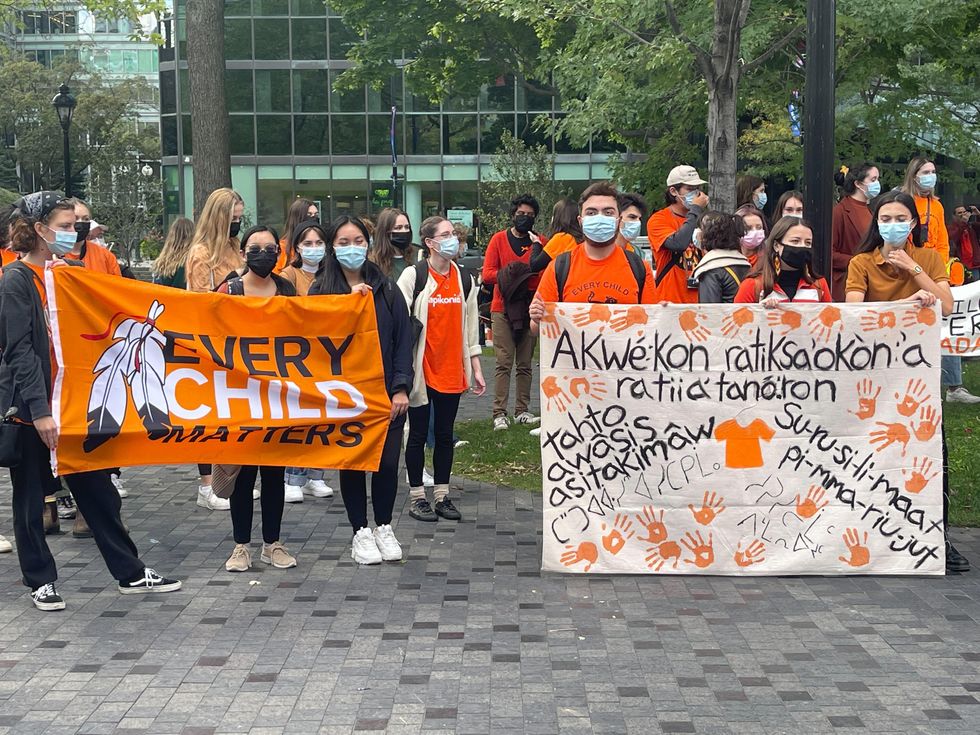 Alex Melki | MTL Blog
Alex Melki | MTL Blog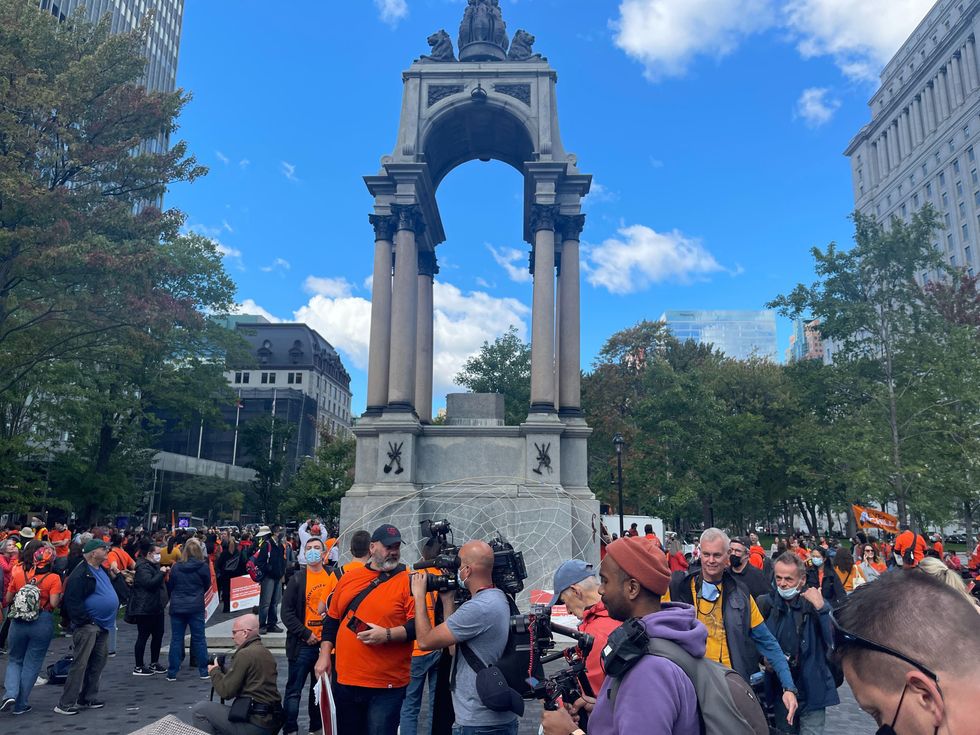 Alex Melki | MTL Blog
Alex Melki | MTL Blog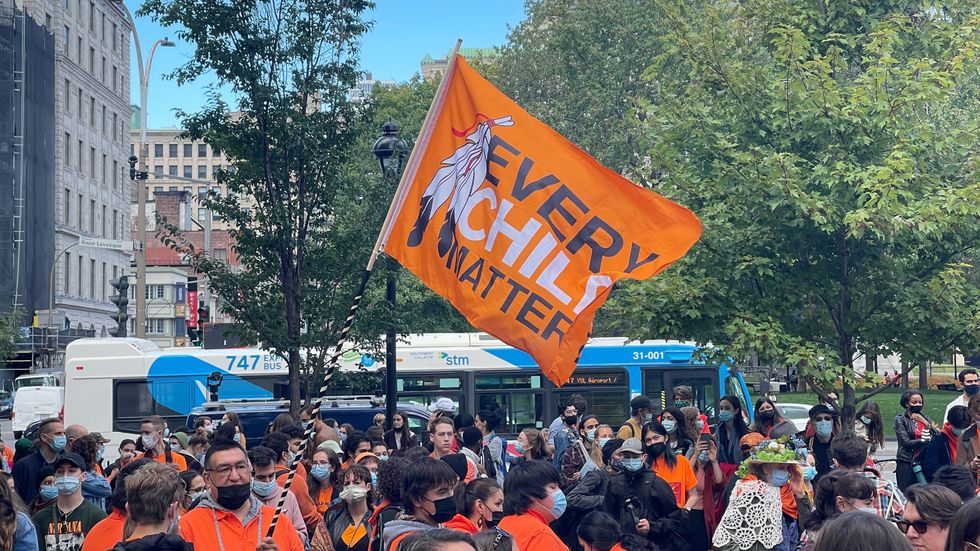 Alex Melki | MTL Blog
Alex Melki | MTL Blog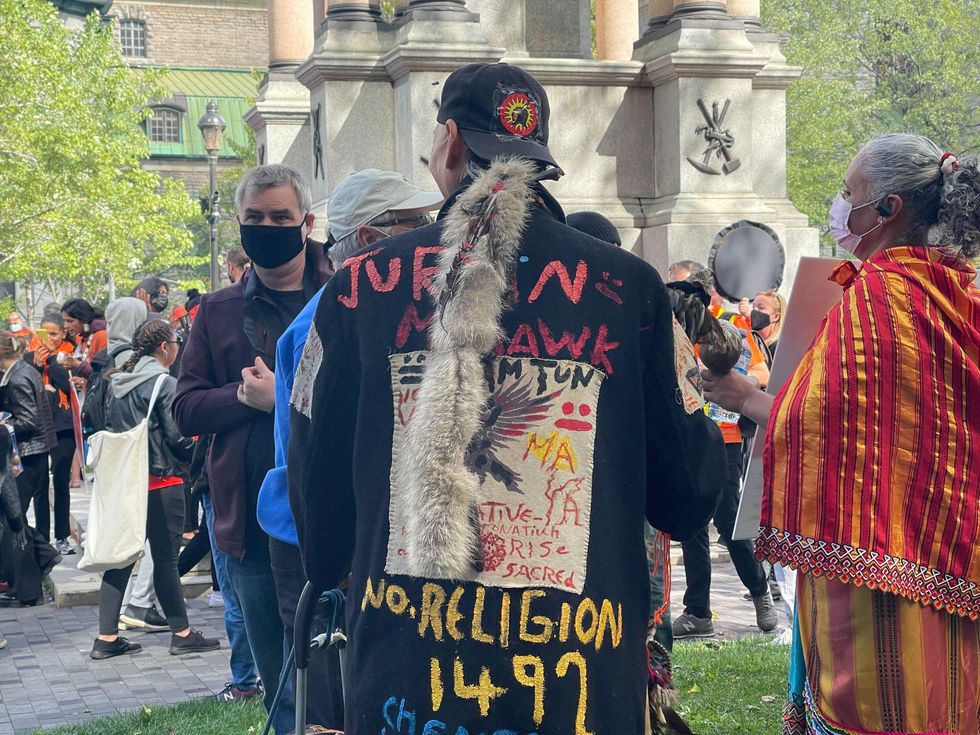 Alex Melki | MTL Blog
Alex Melki | MTL Blog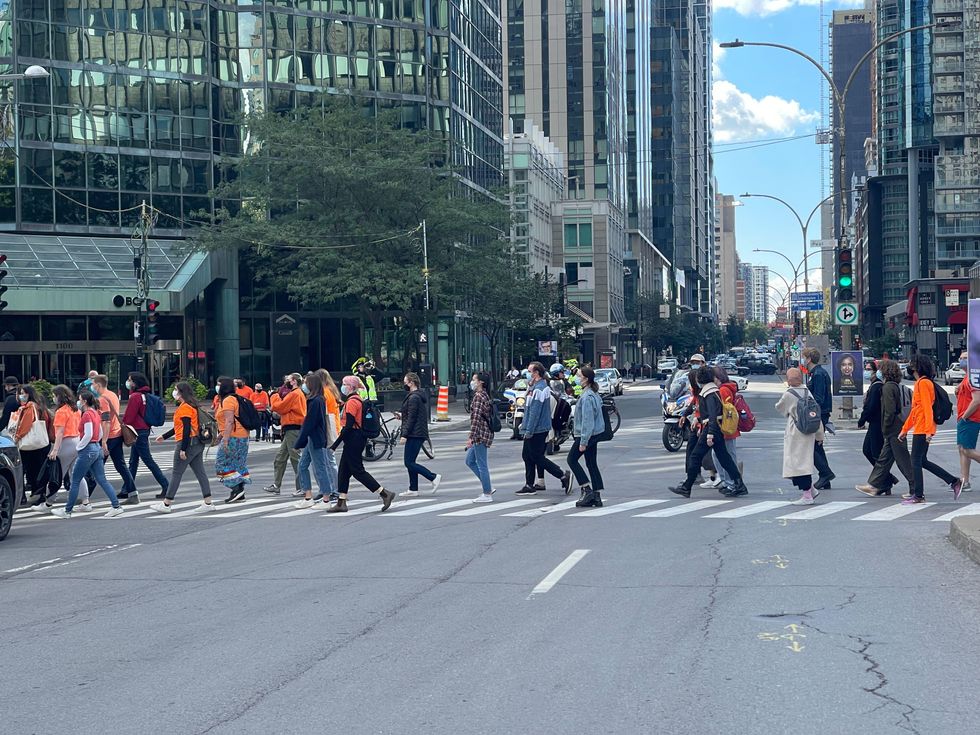 Alex Melki | MTL Blog
Alex Melki | MTL Blog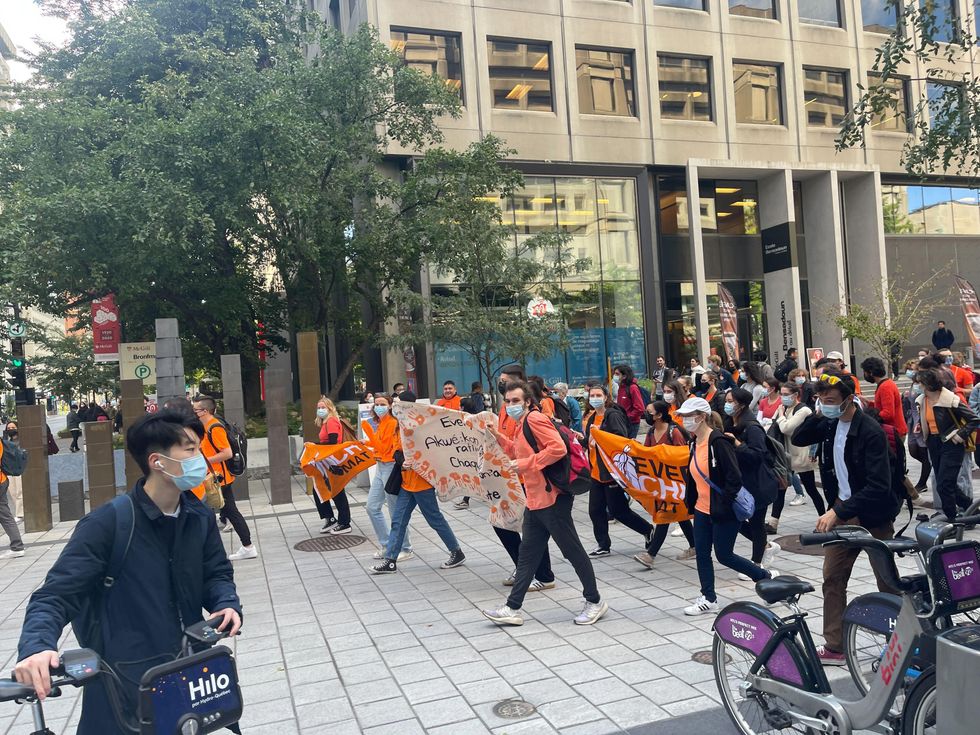 Alex Melki | MTL Blog
Alex Melki | MTL Blog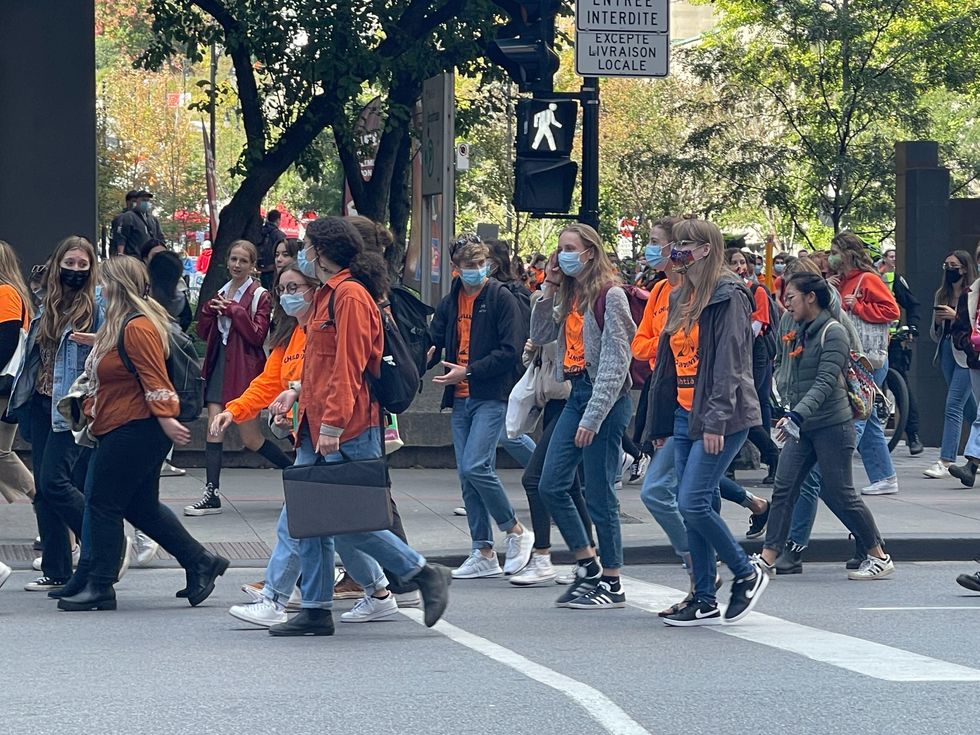 Alex Melki | MTL Blog
Alex Melki | MTL Blog